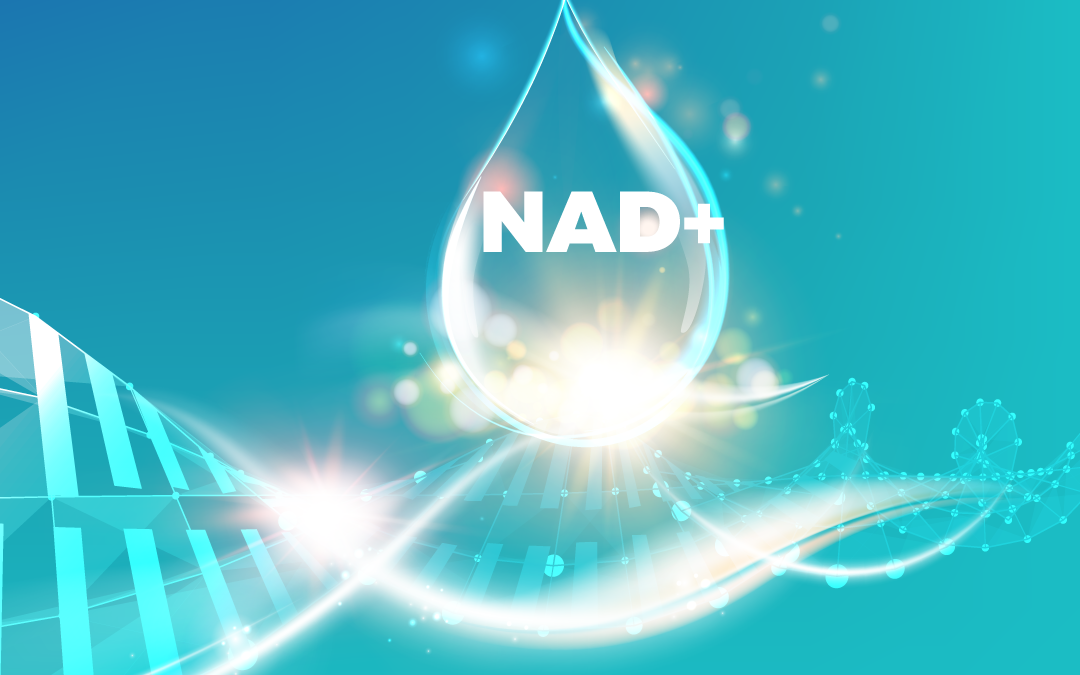Introduction
Recently, NAD+ (Nicotinamide Adenine Dinucleotide) has garnered attention for its intriguing role in cellular metabolism, aging, and overall health. While scientists have known about this substance for a long time, only now are we beginning to understand its profound implications for human well-being. In this updated article, we’ll delve into the diverse benefits of NAD+ and explore why it’s quickly becoming an essential topic in healthcare discussions.
What Exactly is NAD+?
Present in all living cells, NAD+ serves as a vital coenzyme. It chiefly assists in converting nutrients into adenosine triphosphate (ATP), the energy that fuels cells. Moreover, NAD+ levels naturally decrease as we age, sparking interest in its role in aging and age-related diseases.
The Numerous Health Benefits of NAD+
1. Fuels Cellular Energy Production
Firstly, NAD+ actively helps convert food into energy. It serves as a crucial player in redox reactions, where it transfers electrons to promote efficient energy exchange within cells.
2. Influences the Aging Process
Research shows that increasing NAD+ levels can activate sirtuins, enzymes tied to aging. These enzymes play a role in various cellular pathways, specifically controlling DNA repair, inflammation, and metabolism.
3. Boosts Brain Function
NAD+ not only supports but also enhances brain function. It promotes neuronal health, thereby sharpening cognitive functions such as memory and focus.
4. Facilitates DNA Repair and Protection
Notably, NAD+ activates enzymes responsible for repairing damaged DNA. Efficient DNA repair mechanisms are critical in preventing age-related diseases, including cancer.
5. Mitigates Inflammation
By activating sirtuins, NAD+ effectively reduces cellular inflammation. Consequently, this contributes to a lower risk of developing chronic conditions like heart disease and diabetes.
6. Elevates Physical Performance
Moreover, higher NAD+ levels correlate with improved muscle function, endurance, and recovery. This makes NAD+ a hot topic for athletes and fitness enthusiasts alike.
7. Enhances Mitochondrial Health
Lastly, NAD+ significantly affects mitochondrial health. The mitochondria, often called the “powerhouses” of cells, depend on robust NAD+ levels for optimal function.
Conclusion
In summary, NAD+ goes beyond being a simple coenzyme. Its wide-ranging effects on physiological processes, from cellular metabolism to DNA repair and even aging, make it an area of intense study and interest. Although we need more research to fully grasp its therapeutic potential, the current findings hold promise.
Note: This article is for informational purposes only and should not be considered as medical advice.

